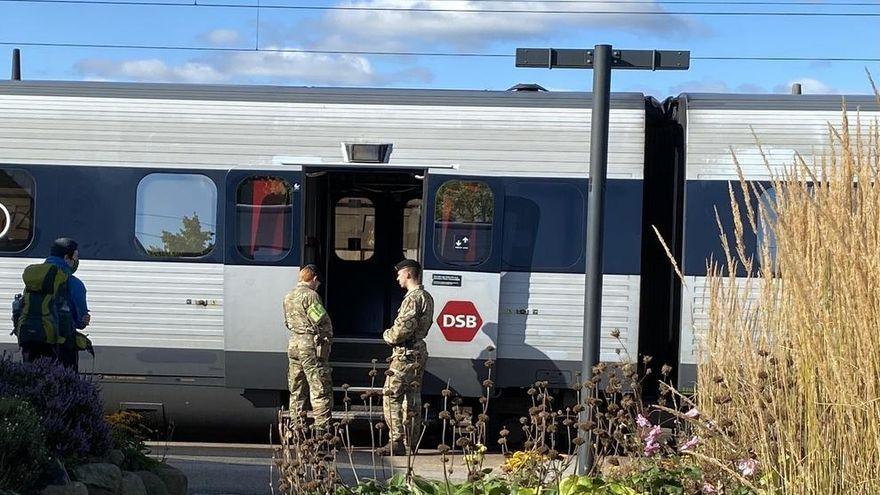About Derailed2021 is the official “Year of Rail” in the EU, and the “Connecting Europe Express” train recently finished its tour of Europe to promote the great advantages and decisive importance of railways in the green transition. But what was meant as a PR coup revealed the weaknesses of the system, which is more a patchwork than a coordinated network of trains across the continent.
Cross-border stories from a changing Europe, in your inbox.
Cross-border stories from a changing Europe, in your inbox.

